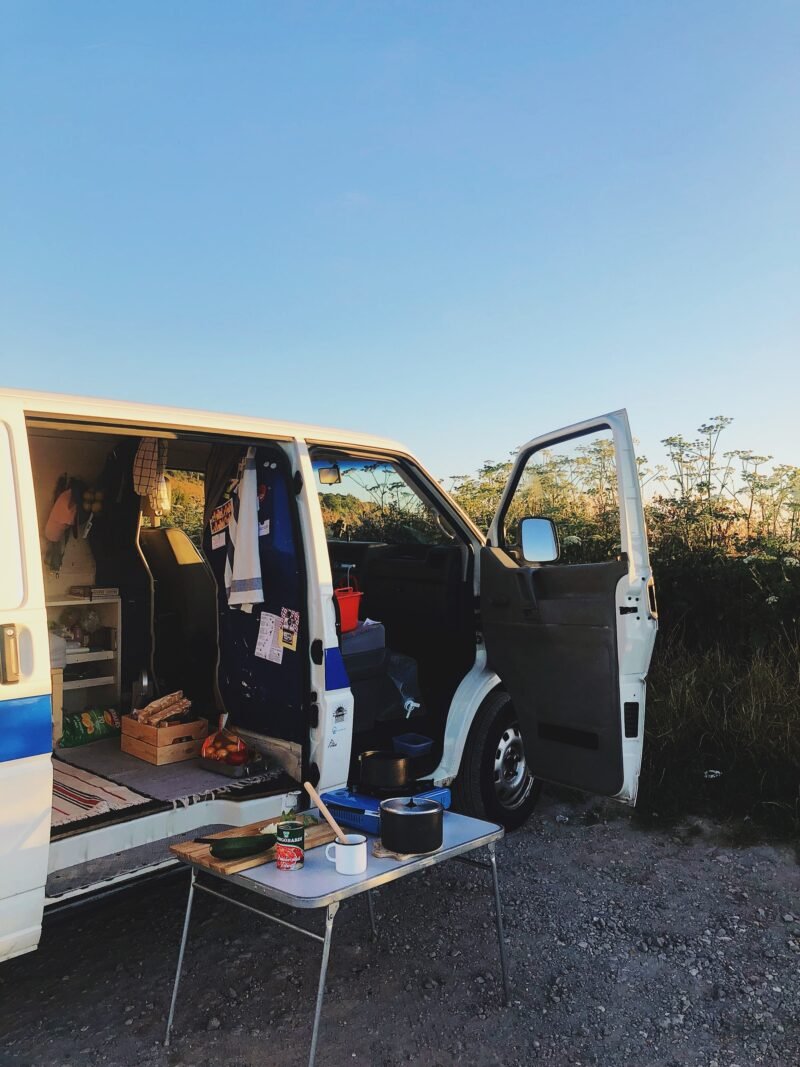City-Making In The Sharing Economy
On Thursday 2nd February, Pop-Up City and BPD will host a night at Pakhuis de Zwijger in Amsterdam about the opportunities to integrate the sharing economy into urban design.
The sharing economy is changing our cities in many different ways. It has caused serious issues, but it also created new opportunities for making cities more sustainable, smarter and livable. How can urban designers use the sharing economy to tackle challenges like parking, vacant shopfronts or social cohesion problems? Could the sharing economy and the city complement each other? On 2nd February, several key players from the fields of the sharing economy and urban development will take the stage to talk about the impact of the sharing economy on city-making according to six themes — living, working, retail, leisure, well-being, and and mobility.
Program
With more to follow…!


WeLive
Wybo Wijnbergen (General Manager WeWork Netherlands)
WeWork is working hard on rolling out its co-living concept WeLive concept. We’ll talk with Wybo about the opportunities of community-based living for real estate development.

Victor van Tol (CEO SnappCar)
SnappCar states that on average, 8 million cars in the Netherlands are left unused for 23 hours a day. Seems like a total waste. SnappCar brings car owners and people without a car together, and its aim is to reduce the amount of cars in Europe by 1%. With Victor we will speak about sharing platforms and their impact on urban mobility.

Daan Weddepohl (Founder and CEO Peerby)
The Peerby platform has made sharing things among neighbors a lot easier. It’s not about ‘possessing’ something, especially if you are not using it all the time. A good example of how the sharing economy is making use of overcapacity in our society. With Daan we will speak about sharing platforms and their urban impact, for instance on the retail industry and its spatial form.
Entrance to the event is free of charge, but making a reservation is required. Click here to RSVP!



